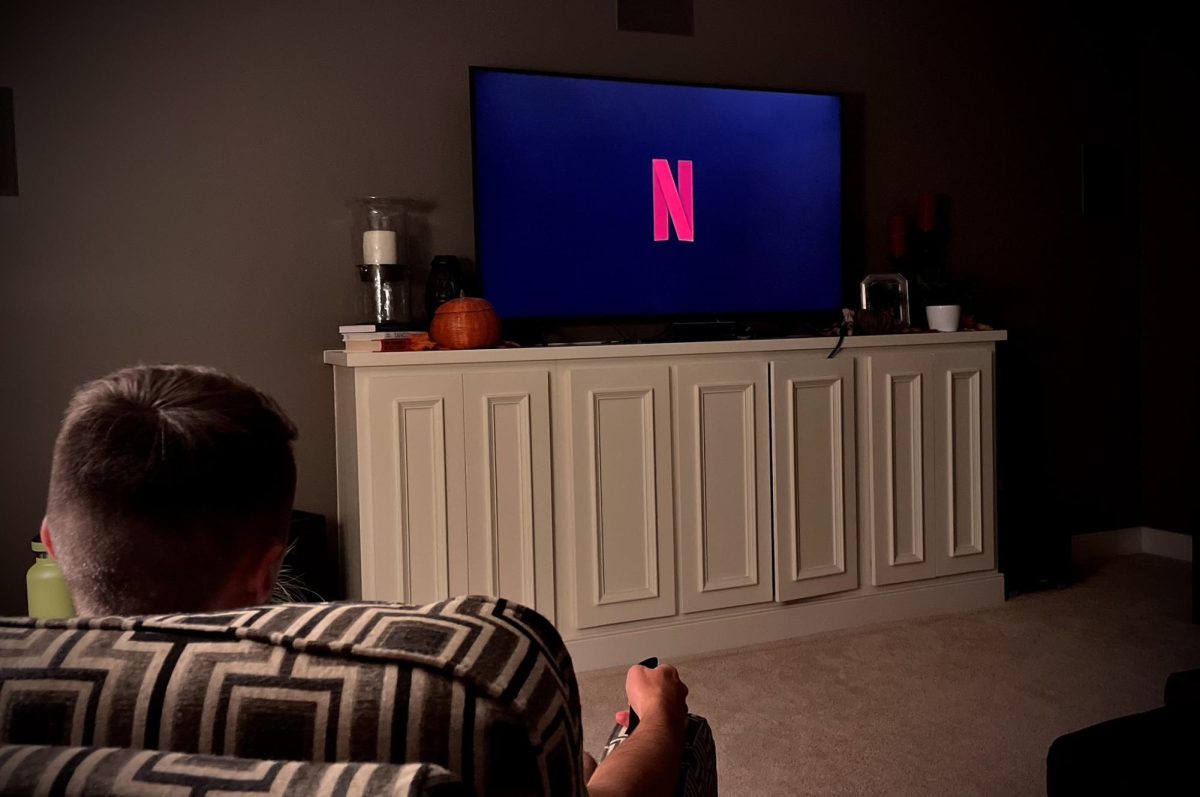The world of Hollywood has grinded to a halt as the Writers Guild of America has gone on strike. Out of all the causes of the strike, the issue of residuals pay is arguably one of the most notable as it affects all jobs surrounding the industry.
Residuals are payments made to those who worked on a production for reruns after a show’s original release. The residuals act as long term rewards for people’s work, as the completed projects are still appreciated long after completion. Most workers pocket a couple thousand dollars annually from residuals. Of course, there are exceptions for the most esteemed shows. The leading cast of Friends each rake in approximately $20 million annually from residuals.
But when it comes to residuals from streaming services, the situation is completely different. Most people who made thousands of dollars every year now see dwindling returns of a couple hundred due to the pay structure. Workers in between projects who need to cover living expenses have now lost a large portion of their income. The resulting backlash from them became inevitable.
While these members receive a lump sum at the beginning of contract, the possibility of a boom in popularity does not translate well into long term wages. Squid Game, one of the world’s hottest shows during the Covid-19 pandemic, brought in an estimated $900 million for Netflix. However, the creator Hwang Dong-hyuk hardly made any money from residuals as he forfeited the ability to in his contract he signed with the platform.
As the battle for pay rages in the Hollywood market, one must ask, how is this affecting the viewer? After all, they are the ones who have the “power” to dictate what they choose to watch.
PV Spanish teacher Stephanie Risius believes live television is better than streaming services, but due to the lack of fresh content, the streaming services are taking over. “Recently, everything on regular TV has been reruns, while I have seen that streaming services are releasing new shows that they have probably had sitting around for a little bit… So I’m faced with the decision of watching something I’ve seen before, or I will just ultimately watch HGTV because it isn’t scripted,” she said.
Similar questions can be made for the silver screen as movies become readily available from the comfort of one’s home shortly after release. PV English teacher Kevin Gaffeney weighs the pros and cons. “The benefits of streaming is that you can pause when you need to get a snack or use the bathroom so then you don’t miss anything. Combined with the convenience of access, you are not bound to what’s in the theater. Conversely you lose the atmosphere of the big screen and the communal experience of shared emotions while watching,” he stated.
Streaming services reflect the fast paced culture of modern times, but lack the emotional pulls of a regular show and collective emotion from inside a theater. As time continues to pass and the strike extends, people might be willing to look past the sentimental shortcomings as long as there are still shows to binge. The notion is particularly threatening to the industry. Is there a solution to save them?
When money is the root of the problem, the loudest voice will come from the source. In this case, it is all the advertising money TV companies generate to pay out the shows.
“Several big Fortune 500 companies, which aren’t necessarily film companies, were starting to get nervous because of things like advertising and product placement… and so due to the ripple effect I believe we will see progress made faster as more people lose money,” Gaffeney said.
As the dominos continue to fall in Hollywood, the picture of the future continues to clear up. Consumers watch from afar as the newest Hollywood drama plays out before their very eyes. Only one question remains, which platform will make the documentary of the spectacle?









